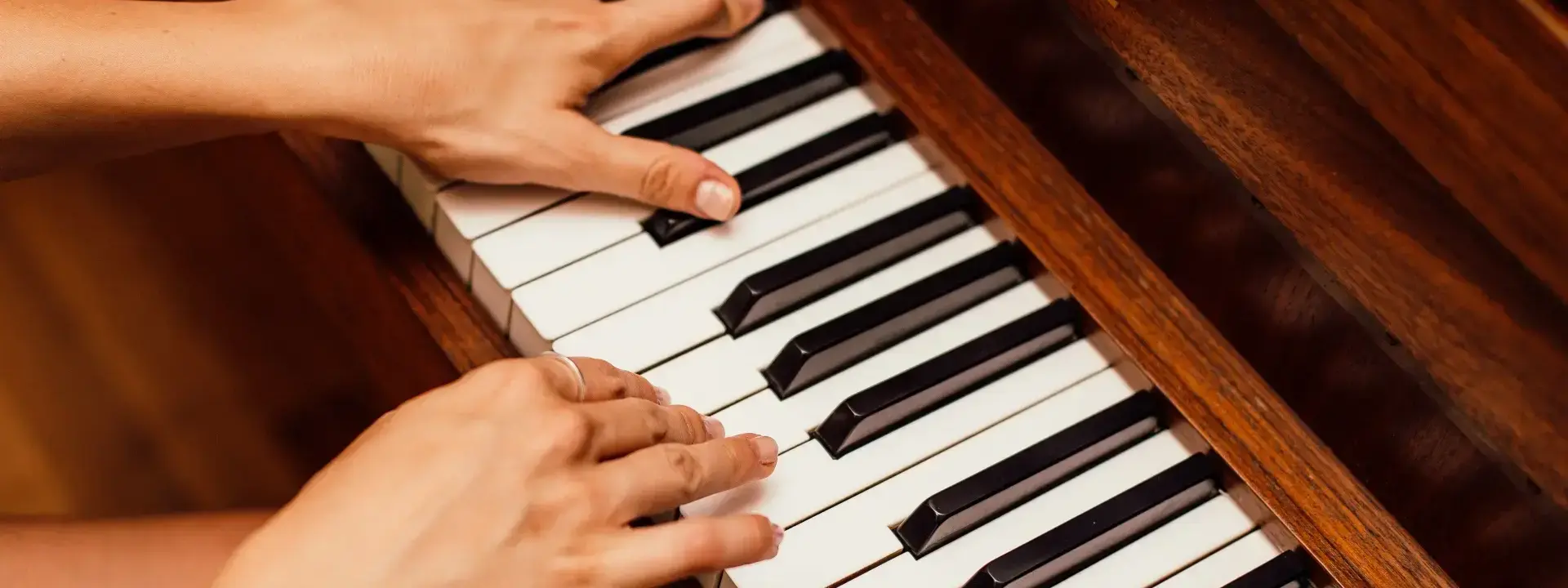
Piano Tuner Job Description
What is a Piano Tuner Professional?
A piano tuner is a professional who ensures that pianos are in proper working order and produce the correct notes. Piano tuners have a very important job, as even slight discrepancies in a pianos tuning can result in significant changes in its sound. To tune a piano, a tuner will first use an electronic tuning device to measure the pitch of each string. They will then make any necessary adjustments to the tension of the strings using a variety of specialized tools. The final step is to fine-tune the piano by ear, making small adjustments until it sounds perfect.
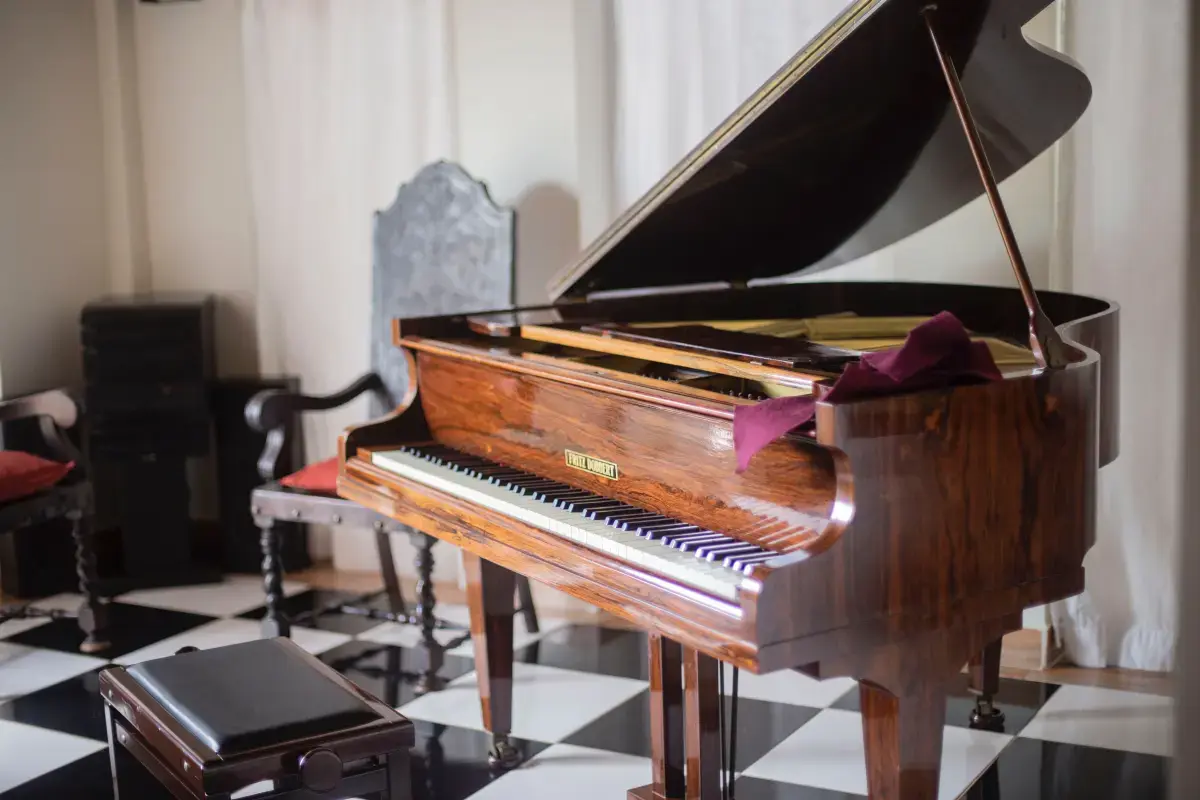
What does a Piano Tuner Expert do?
Piano tuners must have both patience and precision in order to do their job correctly. In addition, they must be able to identify different types of damage and know how to fix them. Common problems that piano tuners encounter include broken strings, loose pins, and sticking keys. Some of these issues can be fixed relatively easily, while others may require more extensive work. However, no matter what type of problem a piano has, a skilled piano tuner should be able to fix it.
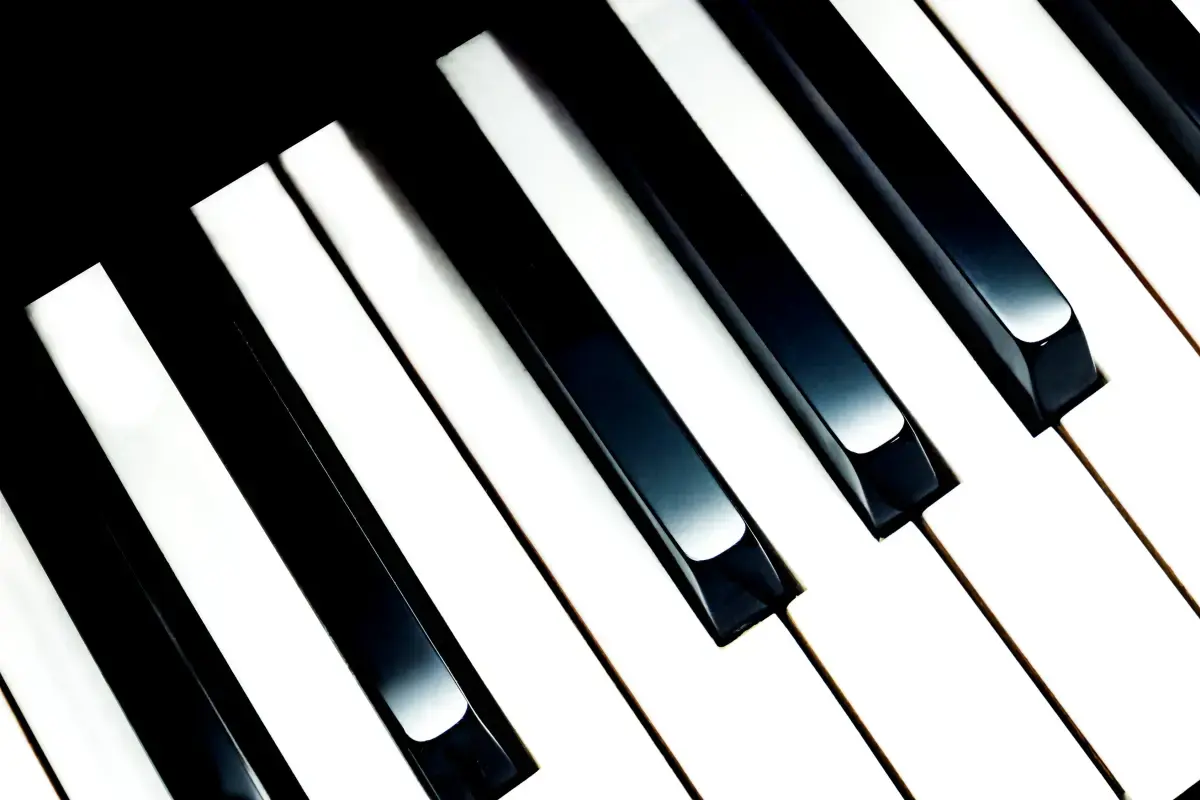
What are the Skills of a Piano Tuner?
A piano tuner needs to have a well-trained ear, excellent pitch, and good manual dexterity. They must be able to identify when a note is out of tune and have the knowledge and skill to make the necessary adjustments. Aspiring piano tuners often apprentice with a more experienced professional or attend a trade school. A piano tuner is someone who adjusts the tension of the strings on a piano, in order to bring them into tune with each other. This process is known as "tuning". A piano that has not been tuned for some time will usually be noticeably out of tune. Piano tuning is both an art and a science. It requires a trained ear, as well as a knowledge of how pianos work and how they are built. Most importantly, it requires patience and a steady hand. The first thing a piano tuner needs to do is to find the center or "sweet spot" of each string. This is the point at which the string produces its clearest and most in-tune note. Once the sweet spot has been found, the tuner will then use a small hammer to tap on either side of it, in order to loosen or tighten the strings tension until it is exactly in tune.
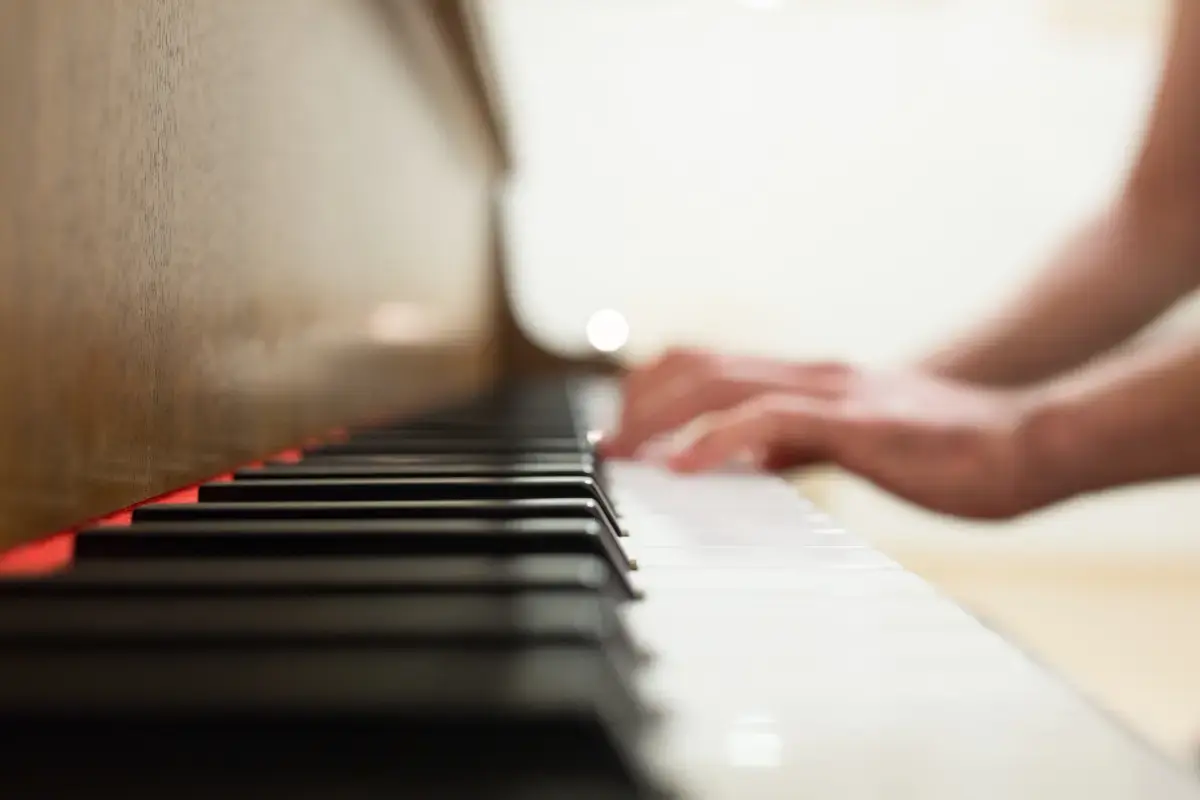
What makes an Expert Piano Tuner?
Each string on a piano has its own pitch, which is determined by its length and thickness. The thicker and longer the string, the lower the pitch will be. The notes on a standard -key piano range from A0 (the lowest note) to C (the highest note). In order to tune a piano correctly, the tuner must have an understanding of intervals - that is, the distance between two notes. For instance, if one string is tuned to middle C (C4), then another string four octaves above it would also be tuned to middle C. However, if those two strings were only two octaves apart, then they would be said to be "unison" - meaning that they would create only one note when played together instead of two separate notes. Intervals can also be described in terms of "steps". For example, consider two notes that are one step apart on a keyboard: C and Db (or C#). These two notes sound very similar when played together because they are only one step apart; however, they actually vibrate at slightly different frequencies. When these two notes are played together in unison (i.e., with both strings vibrating at exactly the same frequency), they will cancel each other out and produce no sound at all! This phenomenon is known as destructive interference.
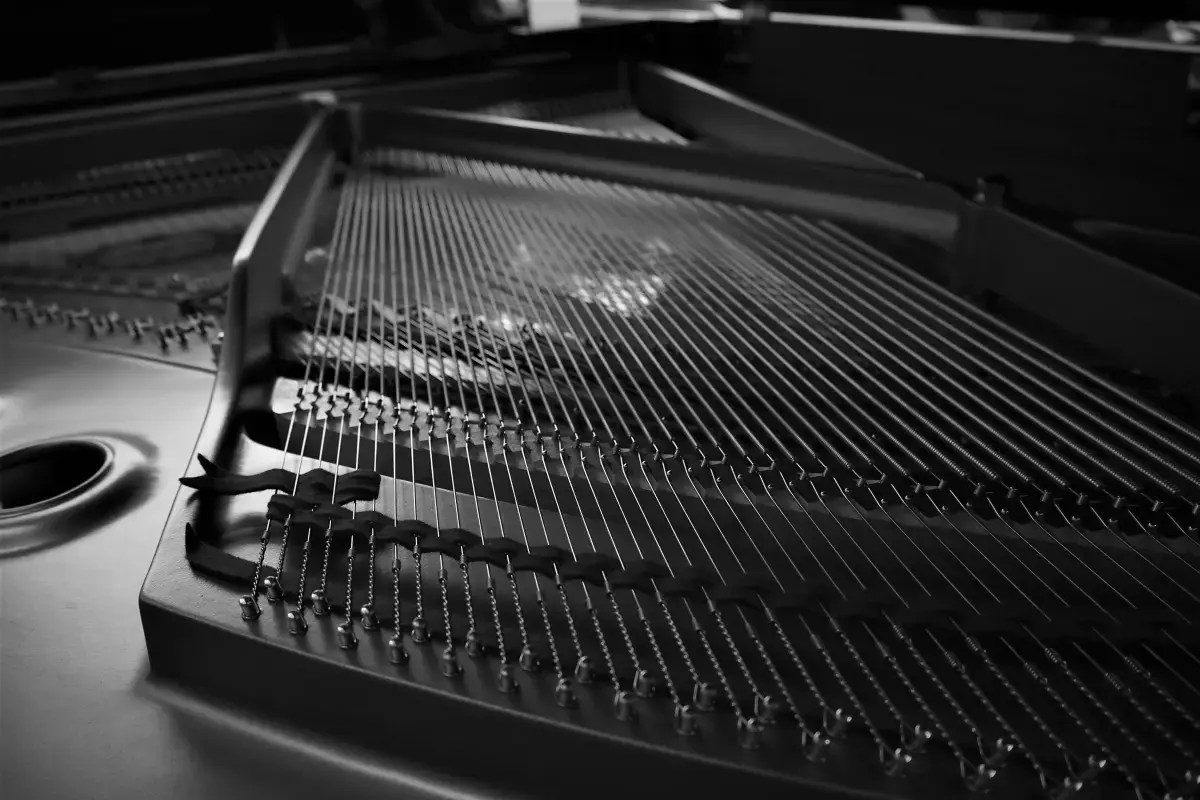
What level of Experience & Qualifications are required to be a Piano Tuner?
Industry Experience: 1. Minimum of two years of experience in tuning and repairing pianos. 2. Knowledge of different types of pianos, including upright, grand, digital, acoustic and electronic models. 3. Familiarity with various musical instruments related to piano-tuning such as harpsichords, organs and keyboards. 4. Ability to identify minor problems associated with pianos that require attention or repair before any tuning can be done successfully. Training/Qualifications: 1. Completion of a formal training program in piano technology from an accredited institution or school is preferred by many employers for job applicants seeking positions as expert piano tuners or technicians . 2. Obtaining certification through the Piano Technicians Guild (PTG) is also beneficial in order to demonstrate competency and credibility within the industry . Education: 1. Bachelor’s degree in music theory or performance from an accredited college or university may be required for some advanced roles working as expert piano tuners . 2.. Good understanding of physics principles related to sound production on stringed instruments , acoustics , vibration analysis , etc., may be helpful when troubleshooting more complex issues regarding a piano’s action parts or soundboard structure
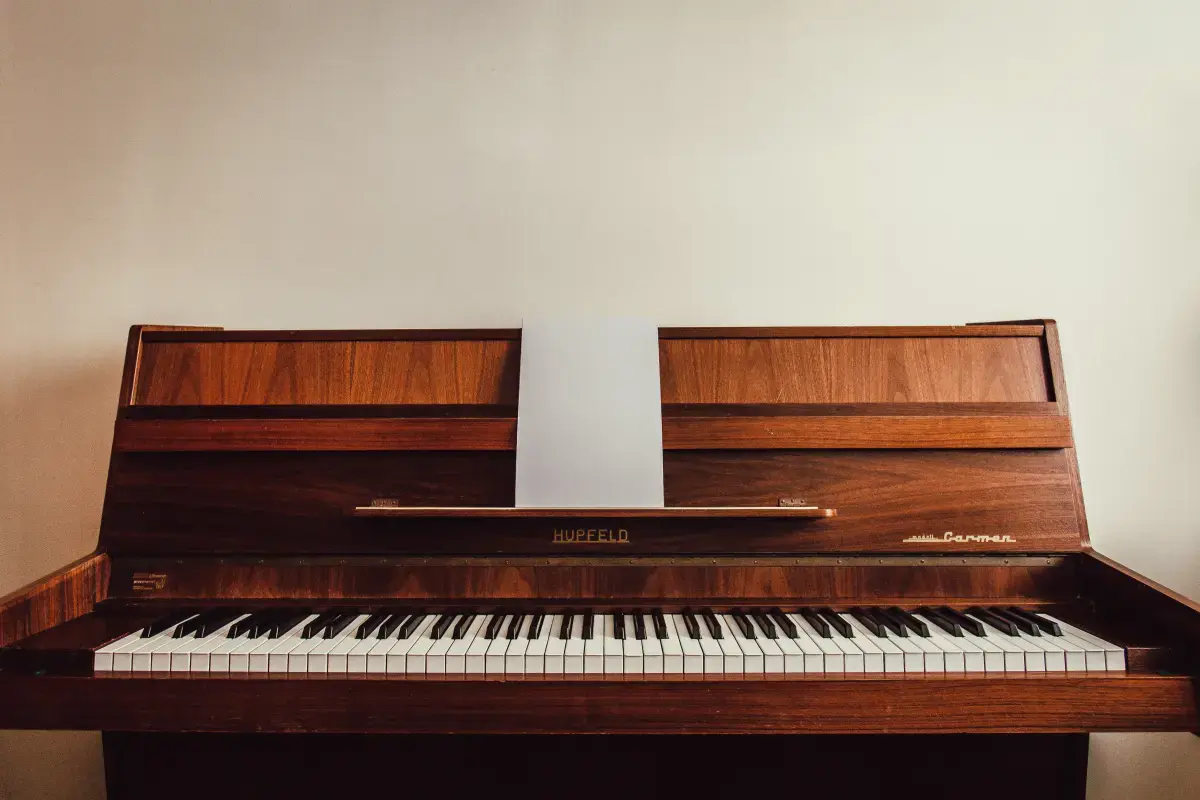
What is the Salary of a Piano Tuner?
A junior piano tuner typically earns a salary in the range of $30,000 to $50,000 per year. This salary is based on experience and location. As they gain more experience, their salaries may increase up to around $60,000 per year. A senior piano tuner can earn a salary in the range of $65,000 to $90,000 per year. Senior piano tuners are usually highly experienced and have specialized knowledge or certifications that allow them to command higher pay than junior level employees. Senior technicians may also be expected to train other staff members and provide assistance with technical issues or customer service related tasks as part of their job duties. For those who have achieved master certification status as a Piano Technician (RPT), salaries can reach upwards of $100,000 annually depending on the market demands for such services in the area where they work.

What are the Working Conditions for a Piano Tuner?
The working conditions of a piano tuner vary depending on the specific job they are performing. Generally speaking, piano tuners work with their hands to adjust and tune pianos. They may also be required to make repairs or perform maintenance on pianos as needed. Piano tuners often work in customers homes or in music stores, so they must have good customer service skills and the ability to interact professionally with clients. Additionally, they must be knowledgeable about the different parts of a piano, including its strings, keys, and hammers. Piano tuning requires physical labor that can involve standing for extended periods of time while listening carefully for any discrepancies in pitch and then making adjustments accordingly. It is important for a piano tuner to use safety precautions when handling tools such as screwdrivers or wrenches during repair jobs; protective eyewear should also be worn to protect against flying debris from wood chips or metal filings created during repairs. Depending on where someone works as a piano tuner (e.g., private residences versus large concert venues), there may be additional safety protocols that need to be adhered to such as wearing gloves when handling delicate parts like pins and strings inside of a grand piano’s soundboard assembly area. In addition, some employers may require their employees to wear uniforms while at work or adhere to certain dress codes if working at events open to the public like concerts or recitals. Overall, most successful piano technicians will generally possess strong problem-solving abilities along with manual dexterity since this profession requires accuracy and precision when adjusting each keys tension levels throughout an instruments range of notes — all while keeping up with industry standards related both musically and technically in order meet customer expectations satisfactorily!
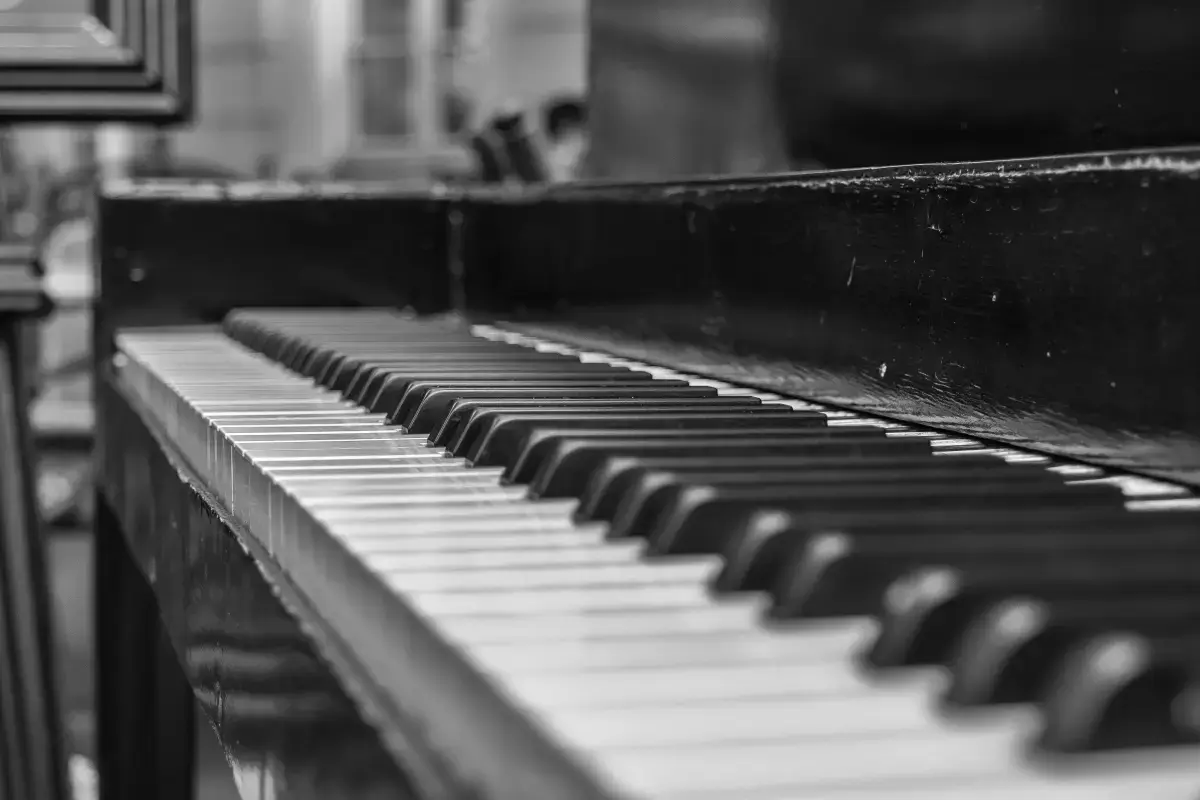
What are the roles and responsibilities of a Piano Tuner?
Meeting with clients to discuss their needs
Inspecting pianos to be tuned
Tuning pianos by ear
Adjusting piano strings and hammers
Maintaining tuning equipment
Keeping detailed records of services performed
Marketing tuner services to potential clients
Negotiating prices with clients
Scheduling appointments with clients
Traveling to client locations
Handling payments from clients
Providing feedback to clients on the condition of their piano
Keeping accurate records of client details and piano servicing
Communicating with other members of the piano technician team
Scheduling appointments with clients
Coordinating with piano movers to schedule deliveries
assembling new pianos
Performing maintenance on pianos, such as cleaning and polishing
minor repairs to broken strings or other parts
keeping up-to-date on the newest tuning methods

Where can I find Piano Tuner jobs?
- Create a profile on gigexchange and promote your Piano Tuner skills to advertise you are Open to New Work Opportunities
- Ensure your Resume (or CV), or online work profile is up to date and represents your skills and experience. Ensure your reputation reflects your ability & attitude.
- Apply for Piano Tuner Jobs advertised on gigexchange.
- Practise Piano Tuner interview techniques to ensure you represent your personality and ability succinctly and confidently.
- Accept the job offer if the salary meets your expectations and the employer mission and purpose reflects your core values.
Jobs
What are the best job boards for Piano Technician jobs?

How can I hire Piano Tuner staff online for my business?
The best job board for recruiting Piano Tuner experts is gigexchange.com. Advertise full-time, part-time or contract jobs to find, hire & recruit trusted, experienced and talented Piano Tuner candidates near you.
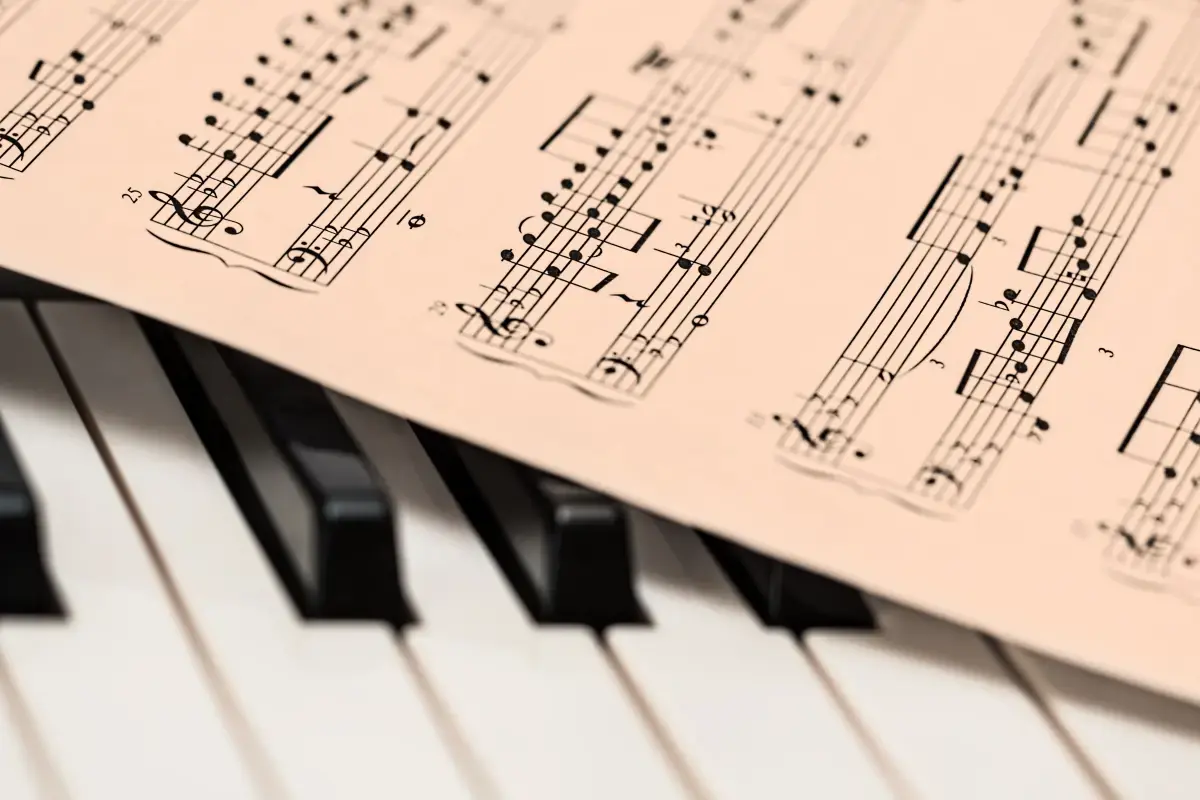
Are Piano Tuner roles in demand in 2026?
Piano Tuner experts are still in high demand in 2026. If you are an experienced Piano Tuner or looking to train and become one. The job market is looking strong for Piano Tuner jobs near me.